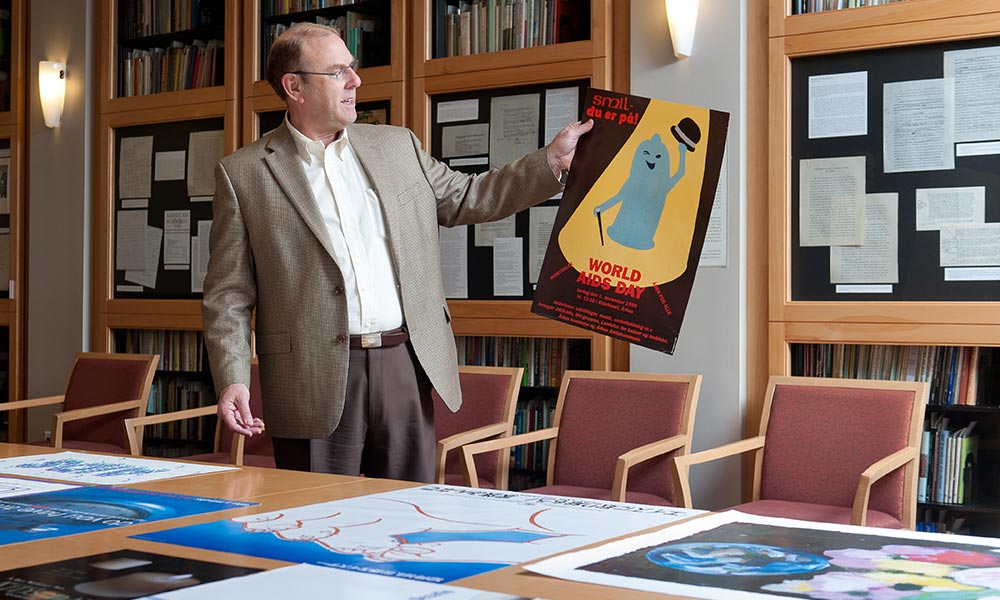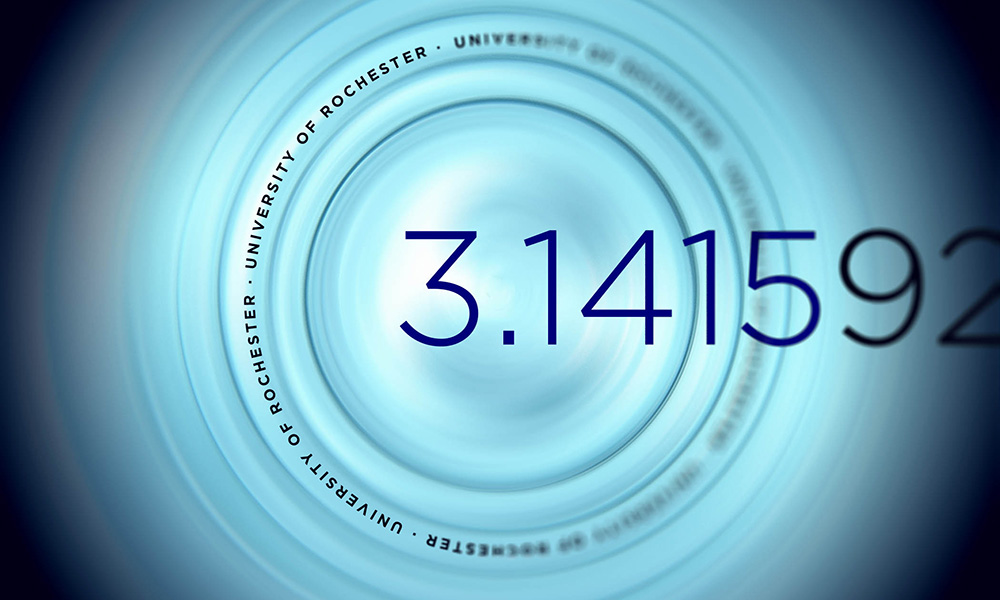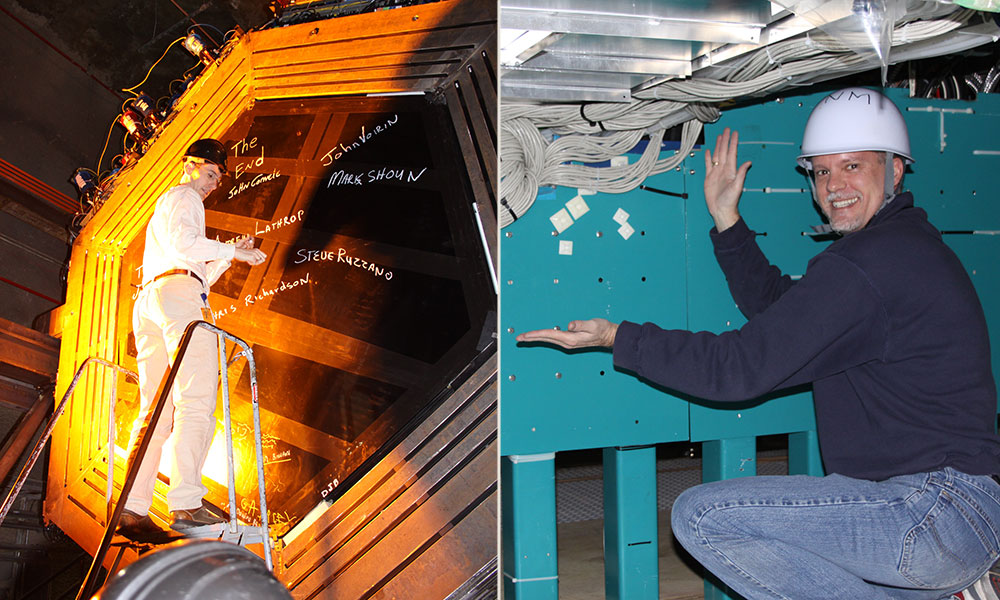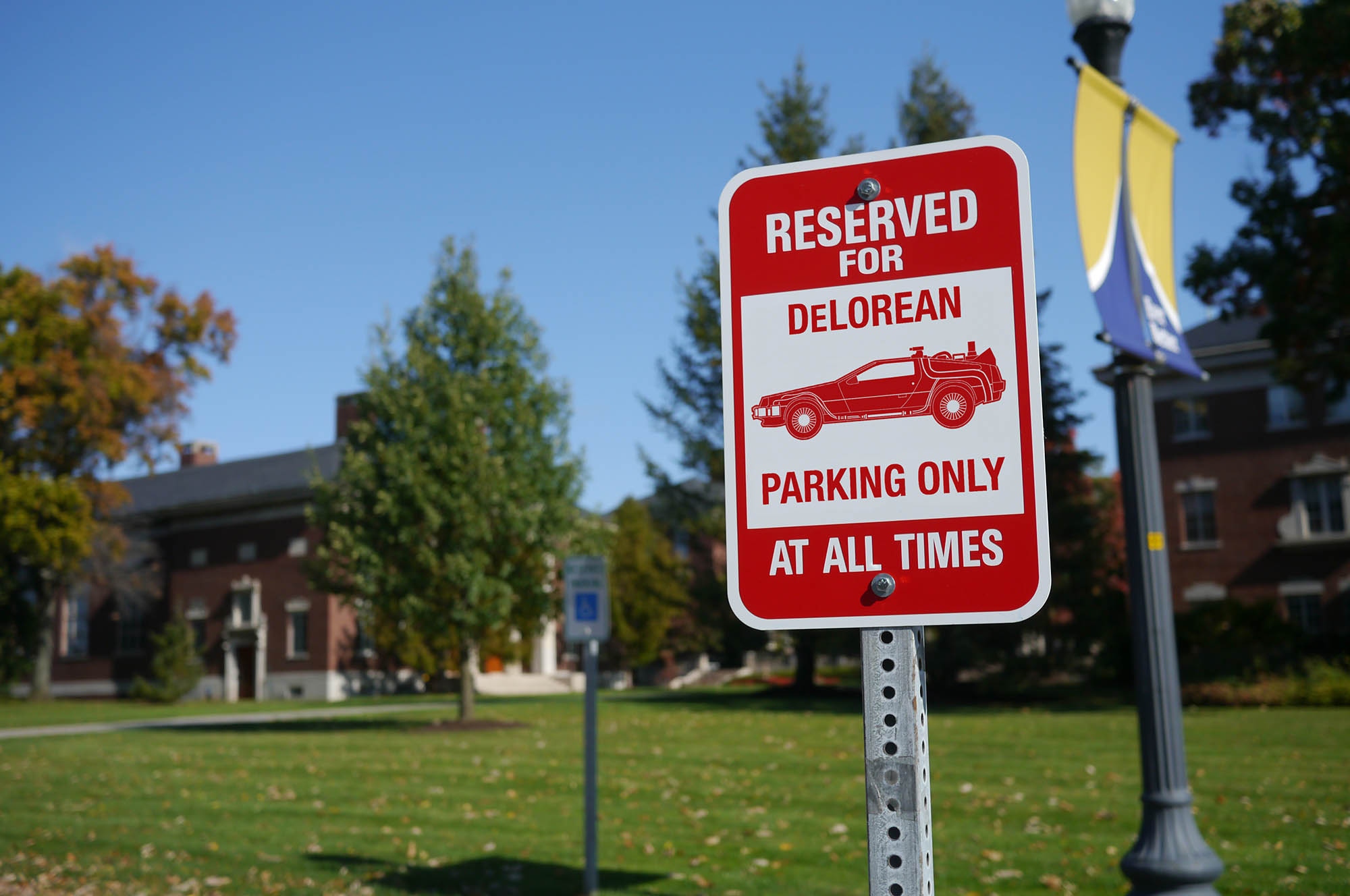
Science & Technology
Rochester scientist discovers new comet
March 4, 2016
David Cameron, a visiting scientist in the Department of Physics and Astronomy, has discovered a new comet – the first to be discovered by an astronomer associated with the University or with the Rochester area in over a century, his colleagues believe.











